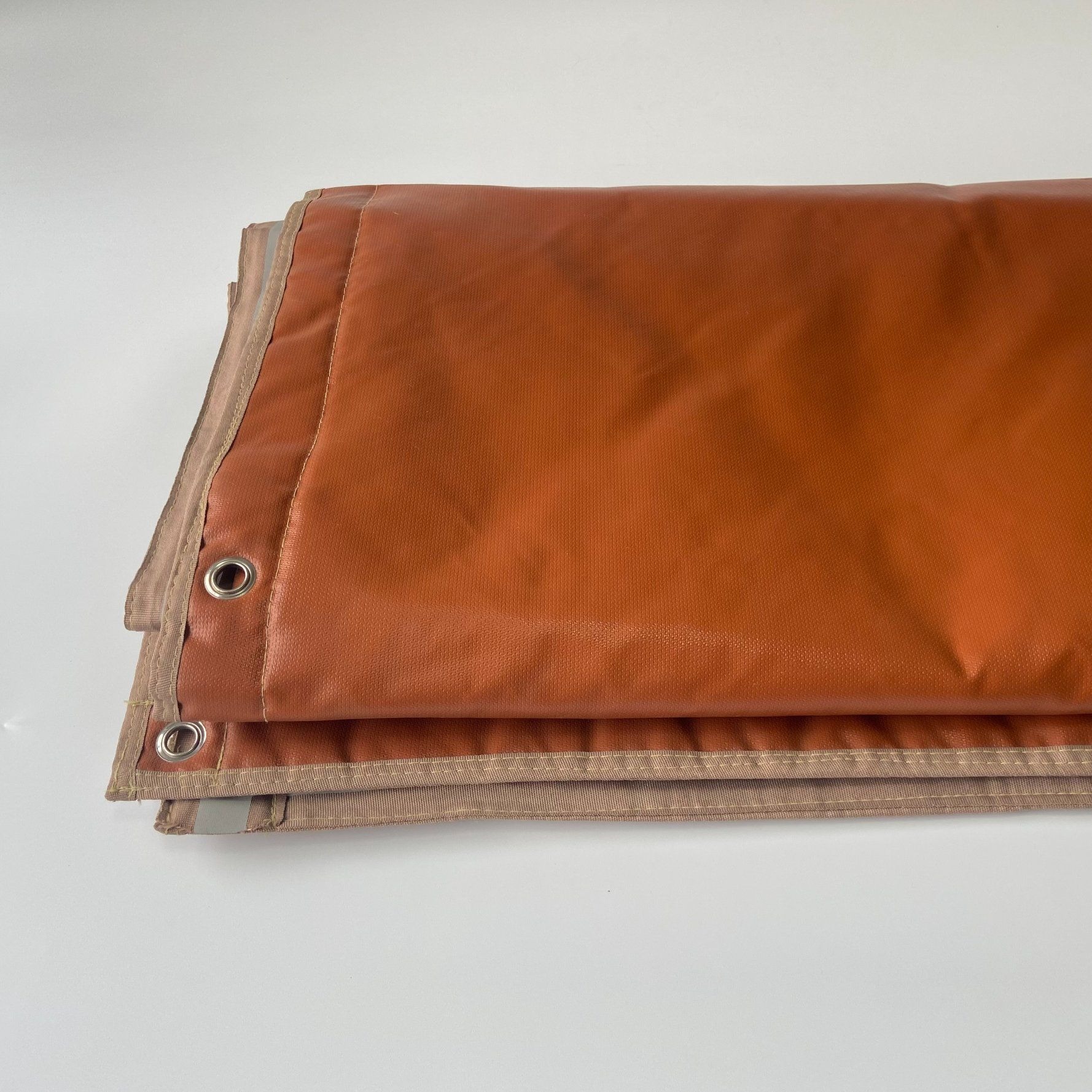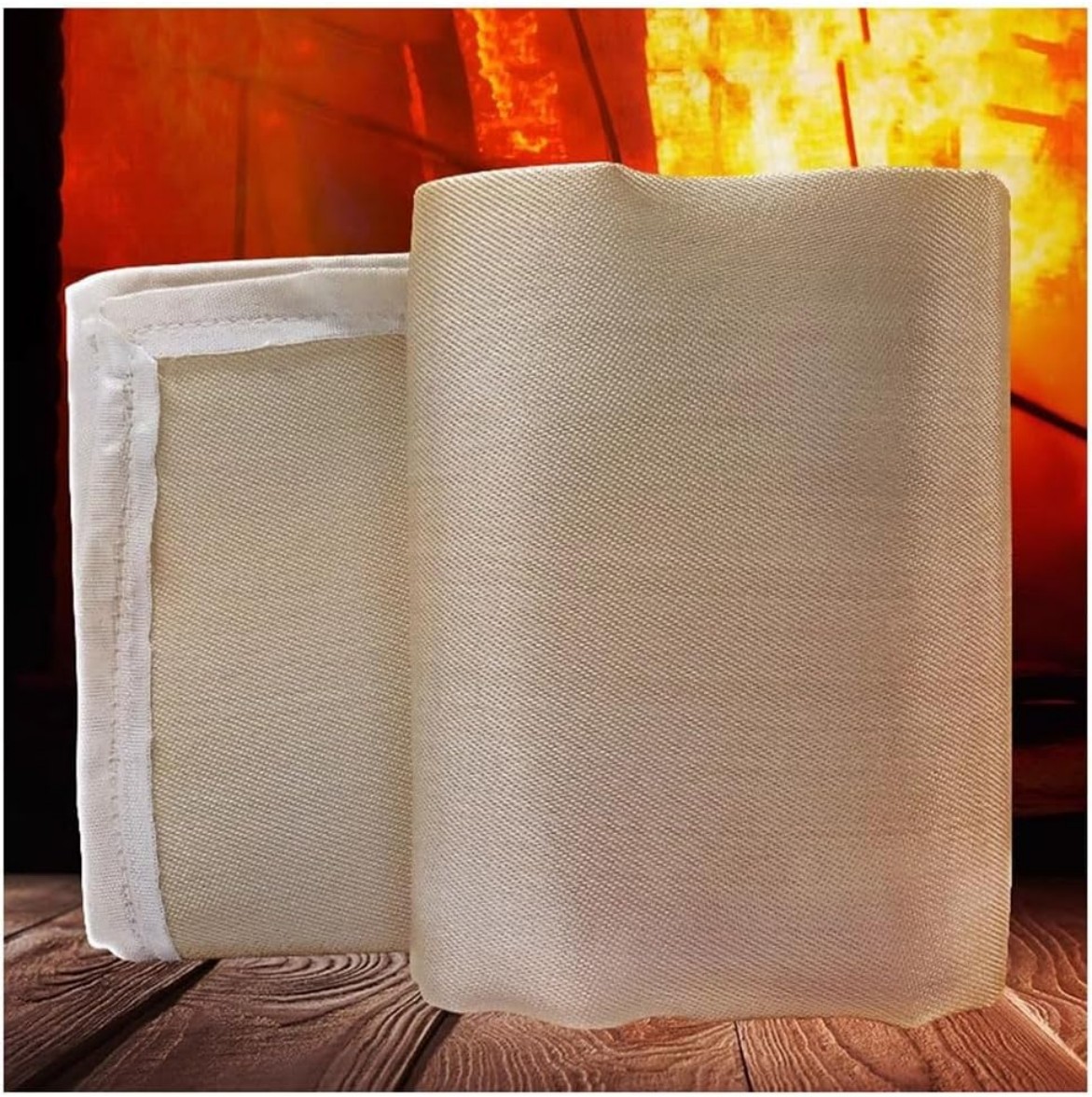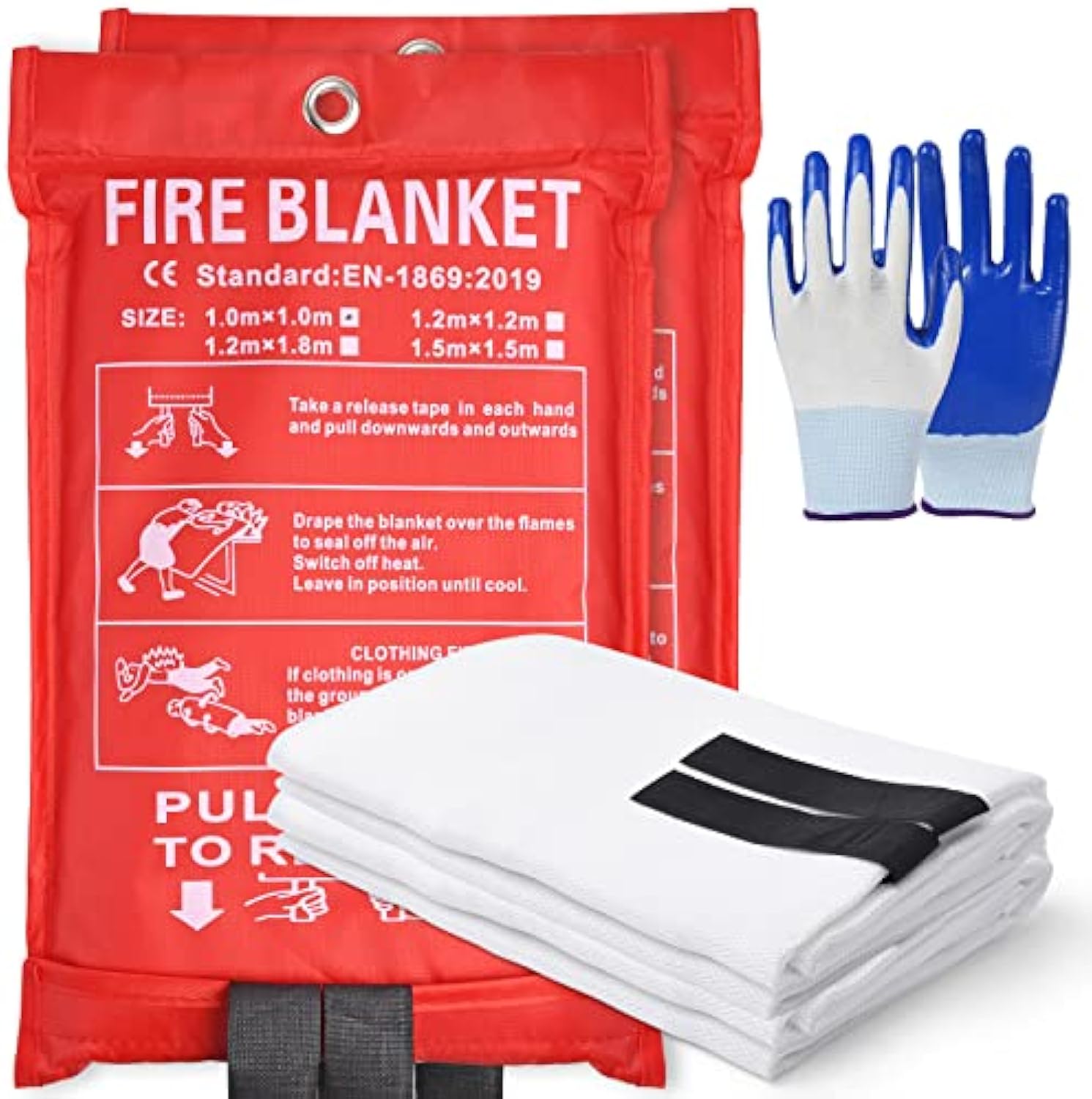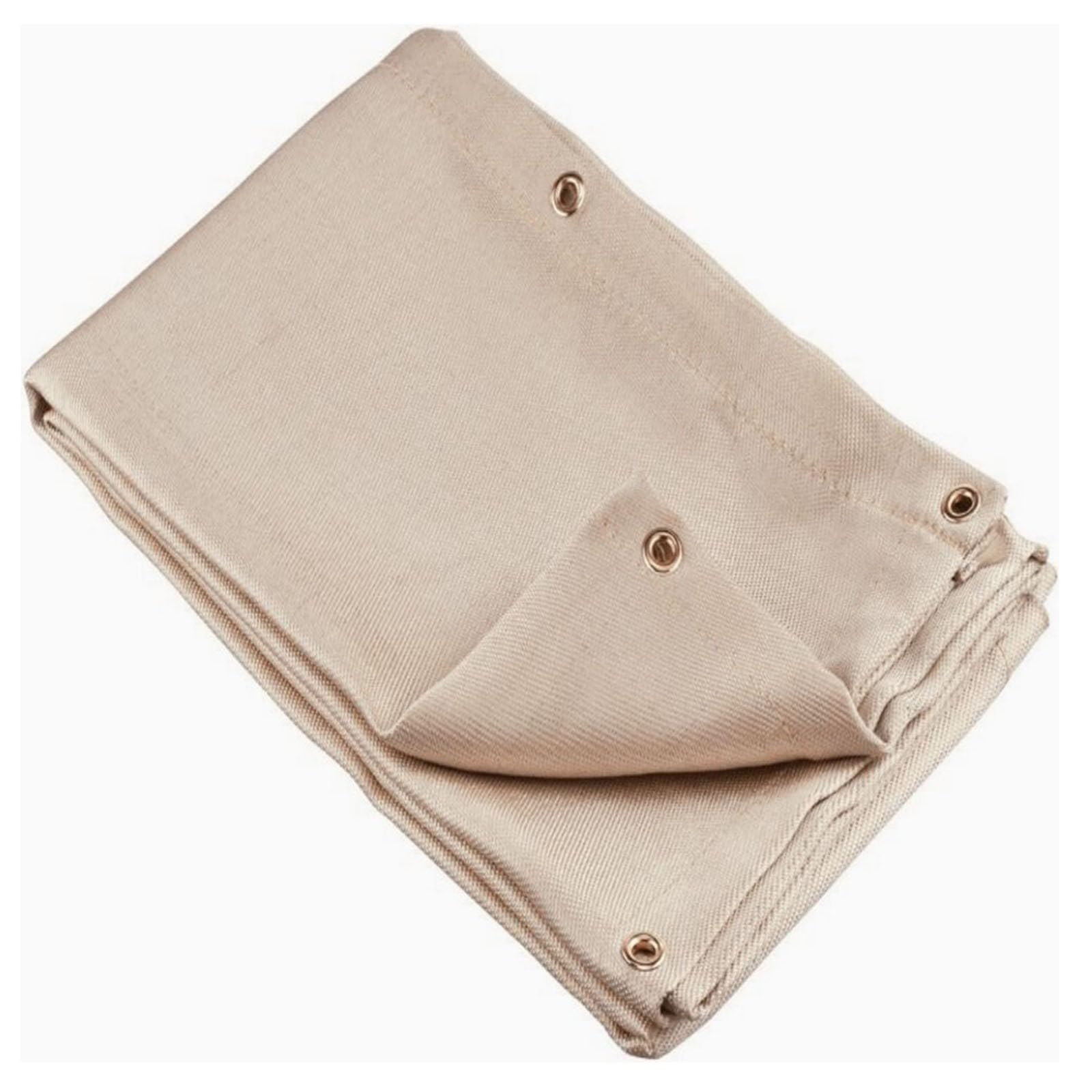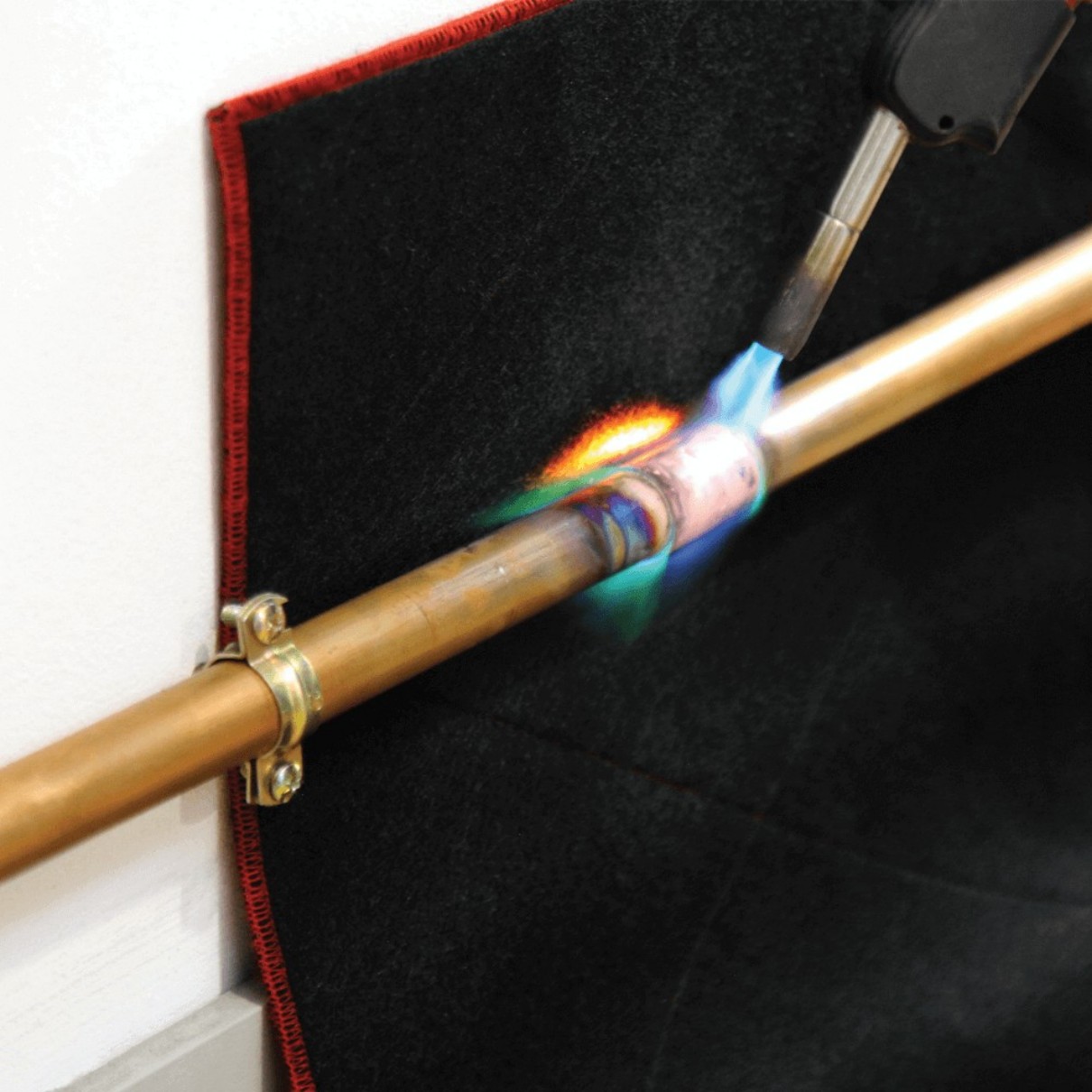Fire Blanket Safety Guide: How to Use This Essential Fire Protection Tool
Summary:A fire blanket is a crucial safety device that smothers small fires by cutting off oxygen. This guide explains how fire blankets work, when to use them, proper techniques, and why every home and workplace should have one.

What Is a Fire Blanket?
A fire blanket is a safety device made from fire-resistant materials designed to extinguish small fires. Typically constructed from fiberglass or wool treated with fire-retardant chemicals, fire blankets work by smothering flames and cutting off their oxygen supply.
When Should You Use a Fire Blanket?
Fire blankets are most effective for:
- Small kitchen fires (grease fires, stovetop flames)
- Clothing fires (when someone's clothes catch fire)
- Small electrical fires (only if the power is off)
- Workshop fires involving flammable liquids
Never use a fire blanket on large fires, gas fires, or deep fryer fires where the oil level is high. In these cases, evacuate immediately and call emergency services.
How to Properly Use a Fire Blanket
Follow these steps for effective fire blanket use:
- Turn off the heat source if safe to do so (for cooking fires)
- Pull the tabs to release the blanket from its container
- Hold the blanket by the corners with your hands protected behind it
- Gently place the blanket over the flames - don't throw it
- Leave the blanket in place for at least 15 minutes
- Call emergency services if the fire was significant
Fire Blanket vs. Fire Extinguisher
While both are important, fire blankets have advantages in certain situations:
| Scenario | Fire Blanket | Fire Extinguisher |
|---|---|---|
| Small grease fires | Better choice | Can spread grease |
| Clothing fires | Best option | Dangerous to use |
| Electrical fires | Safe if power off | Requires CO2 type |
Choosing the Right Fire Blanket
When selecting a fire blanket, consider:
- Size:Standard is 1m x 1m (3.3ft x 3.3ft) - larger for industrial use
- Material:Fiberglass is most common, wool blends are more flexible
- Certification:Look for UL, CE, or BS EN 1869 standards
- Packaging:Quick-release containers are safest
Fire Blanket Maintenance
To ensure your fire blanket works when needed:
- Store in an easily accessible location (kitchen wall, workshop entrance)
- Check monthly for damage or moisture
- Replace if the blanket shows signs of wear or after any use
- Practice removing it from the container (without unfolding)
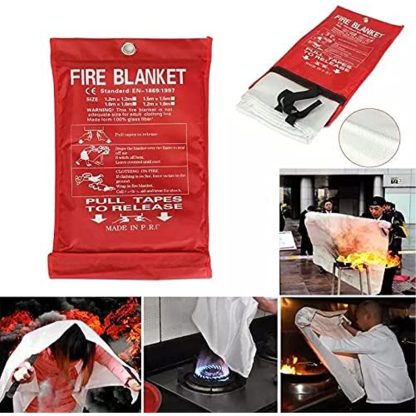
Why Every Home Needs a Fire Blanket
Fire blankets are often overlooked but provide critical advantages:
- No maintenance required (unlike extinguishers that need recharging)
- Simple to use with minimal training
- Effective on common household fires
- No messy cleanup after use
- Safe for use on clothing fires
Place fire blankets near potential fire sources - kitchens, workshops, fireplaces, and garages. Teach all family members how to use them properly.
Common Fire Blanket Mistakes to Avoid
Even with this simple tool, people make errors:
- Using on fires that are too large
- Removing the blanket too soon (let it cool completely)
- Storing in hard-to-reach places
- Forgetting to turn off the heat source first
- Throwing rather than placing the blanket
Final Thoughts
A fire blanket is one of the simplest yet most effective fire safety tools available. For small contained fires, it's often safer and more effective than an extinguisher. Every home should have at least one fire blanket in the kitchen, with additional units near other fire hazards. Remember - safety first: if a fire grows beyond a very small size, evacuate immediately and call emergency services.


